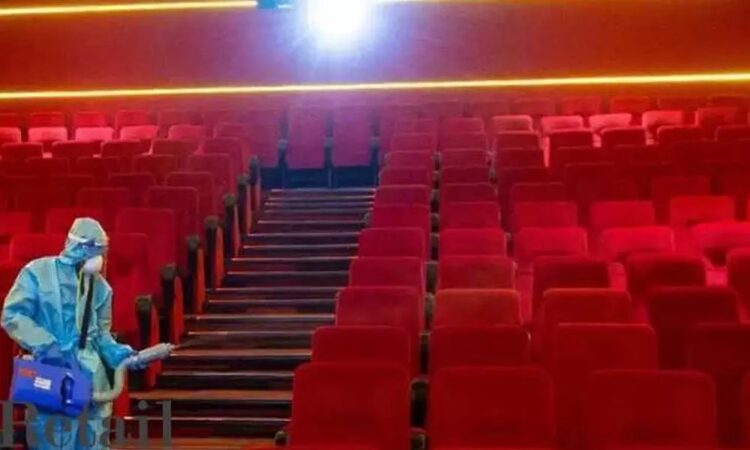
With its rich history and cultural significance, theatre plays a vital role in preserving the collective heritage. It is a time capsule, capturing the essence of different eras, stories, and artistic expressions. The tribute band show venue manchester nh, offers an ideal platform for this venture. This blog will explore how theatre is a guardian of the past, keeping traditions alive and connecting people to their roots. You can discover the importance of theatre in conserving the legacy and promoting cultural continuity.
Safeguarding the Essence of Ancestors
A Living Archive: Theatre as a Historical Document
Theatre productions often reflect a particular period’s cultural, social, and political context. Like a historical document, theatrical performances provide insights into ancient times’ customs, values, and beliefs. Through faithful reenactments or adaptations, theatre preserves the spirit and essence of ancestors, allowing future generations to experience and understand their cultural heritage.
Oral Traditions Transformed: Preserving Cultural Narratives on Stage
Many cultures pass their stories and legends through oral traditions. Theatre breathes life into these narratives, transforming them into visual and auditory experiences. By staging traditional plays or incorporating folklore into contemporary productions, theatre ensures that these cultural narratives remain alive, capturing the imagination and passing on ancient wisdom to new audiences.
Reviving Historical Events: Bringing the Past to Life on Stage
Theatre can restore significant historical events, transporting audiences back in time. Through meticulous research and creative storytelling, historical plays recreate pivotal moments, battles, or revolutions, shedding light on past struggles, triumphs, and societal changes. By experiencing these reenactments, audiences gain a deeper understanding of their cultural and historical heritage.
Fostering Inclusion and Embracing Differences
Theatrical Multiculturalism: Embracing Pluralism on Stage
Theatre provides a platform to celebrate diversity and inclusivity. Productions featuring stories from various cultures and ethnic backgrounds promote cross-cultural understanding and respect. By showcasing diverse perspectives, theatre breaks down barriers, fosters empathy, and creates an environment where different voices and experiences can be heard and appreciated.
Reviving Forgotten Traditions: Rekindling Heritage in Modern Times
Theatre wakes up forgotten traditions that may have faded over time. From ancient rituals and ceremonies to traditional dance forms and music, theatrical performances breathe new life into these cultural expressions. By reintroducing these practices to contemporary audiences, theatre ensures the continuity of heritage and encourages future generations to embrace their roots.
The Significance of Historic Theatre Spaces
Preserving Architectural Treasures: Theatre as Cultural Landmarks
Theatre buildings often embody significant architectural styles and hold historical value. These iconic structures serve as tangible reminders of the past and contribute to the aesthetic identity of cities. Preserving these architectural treasures is crucial as they provide venues for artistic expression, anchor communities, and attract visitors, fostering a sense of pride and identity.
Continuity in Transformation: Adapting Historic Theatres for Modern Times Historic theatre spaces evolve to meet the demands of contemporary audiences while respecting their historical significance. By carefully balancing preservation and modernization, these spaces can continue to host performances while retaining their unique charm. The adaptive reuse of historic theatres ensures they remain vibrant cultural hubs that honor the past while embracing the present.
Conclusion
Theatre serves as a custodian of cultural heritage and remembers legacies through tributes, and the tribute band show venue in manchester, nh, is popular. Through faithful representations of the past, celebrations of diversity, and the adaptive reuse of historic spaces, theatre plays a vital role in ensuring the continuity of the legacy. By embracing theatre as a cultural conservation, people can celebrate history, foster inclusivity, and inspire future generations to appreciate and cherish their roots. Also, people can recognize the significance of theatre in safeguarding collective memory, and they will honor the timeless stories that shape identities.




